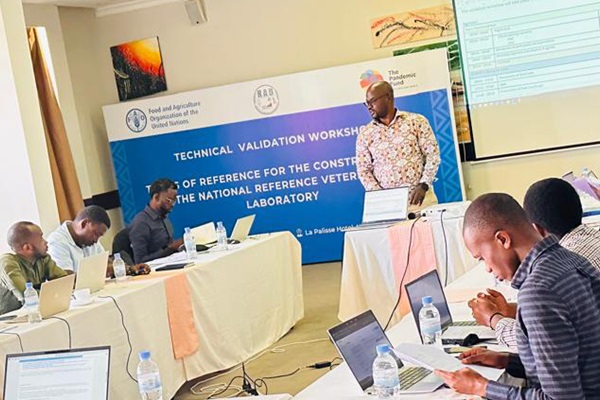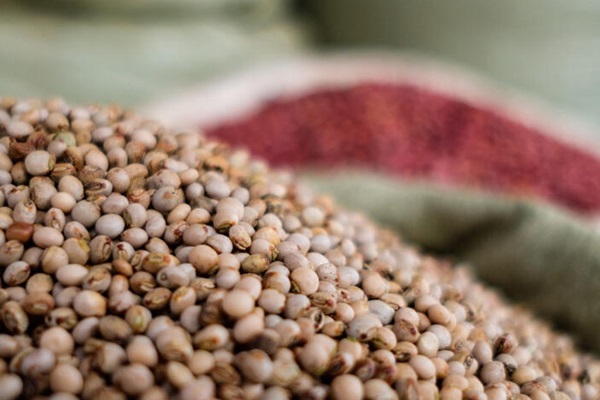
The power of pulses: Nourishing people, animals and the environment
17/06/2025
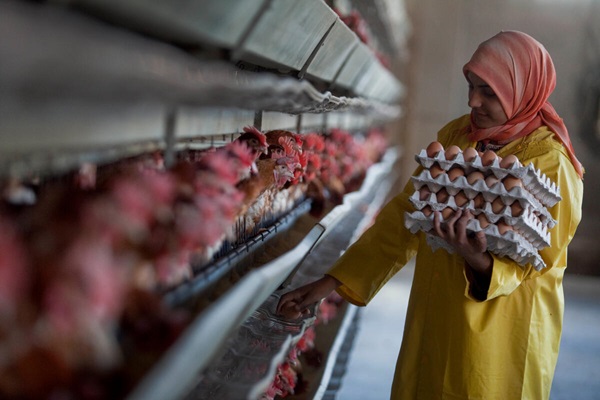
Regional leaders unite to strengthen One Health approach in historic agreement
02/06/2025
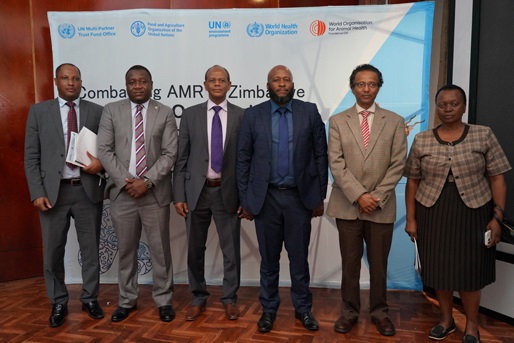
Zimbabwe charts a course for a future with reduced antimicrobial resistance
21/05/2025
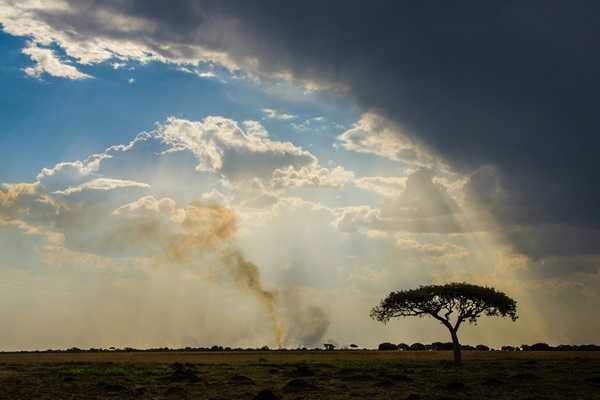
How mapping livestock disease risks is transforming animal and human health in Zambia
09/06/2025
.tmb-th600x400.jpg?Culture=en&sfvrsn=47a28b8_1)
Self-paced course on One Health
05/06/2025
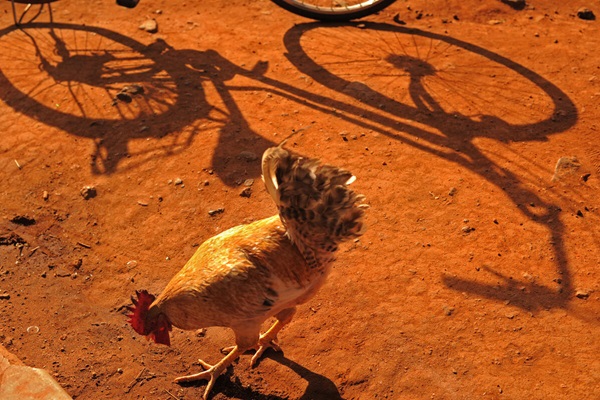
Farmer field schools: Advancing One Health by reducing antimicrobial use and boosting farm profits in Tanzania
04/06/2025
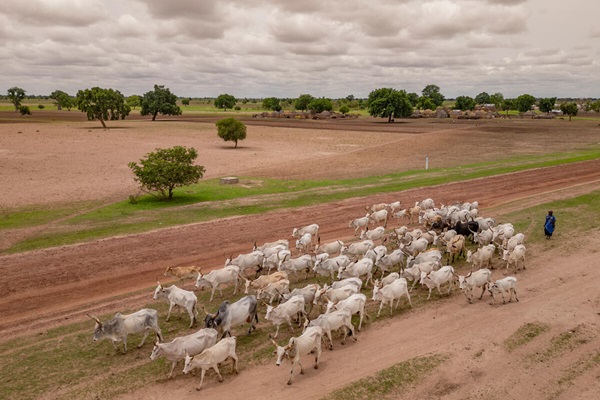
One Health in agrifood systems – insights from FAO
07/02/2025
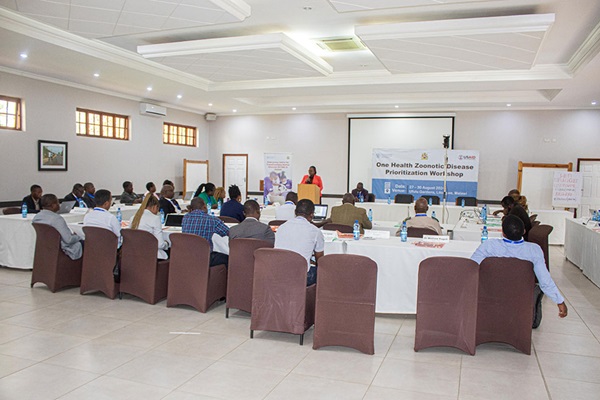
Malawi hosts One Health zoonotic disease prioritization workshop
07/09/2024
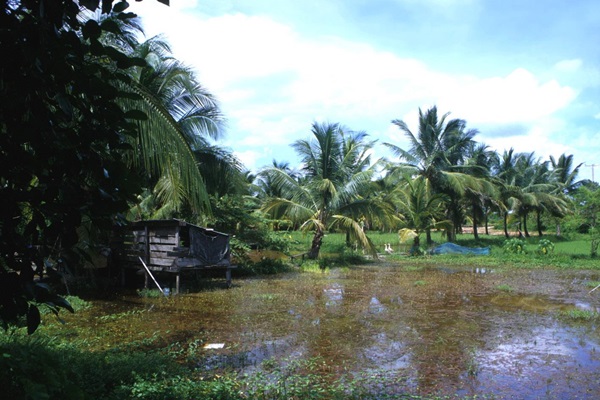
The DNA of water
28/03/2022
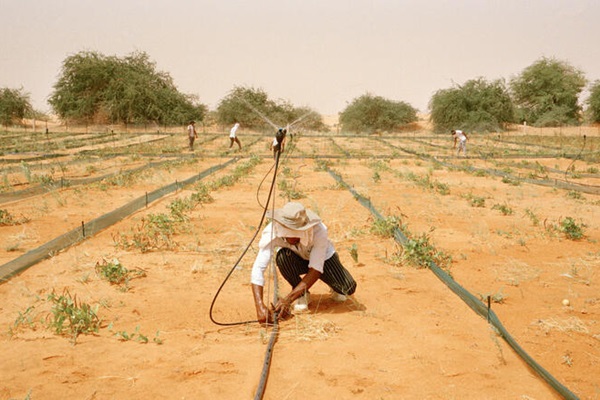
How agroecology supports One Health
03/06/2025
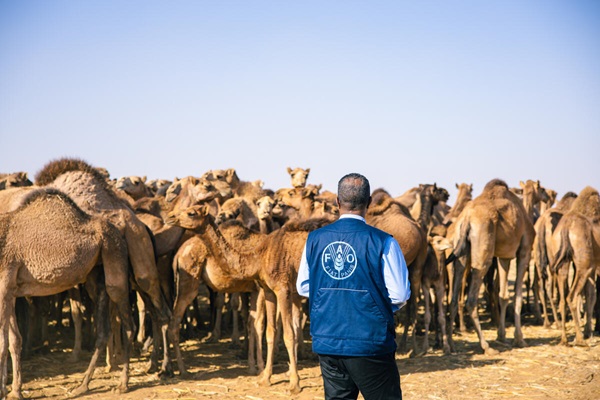
The WHO Pandemic Agreement: A landmark for One Health
30/05/2025
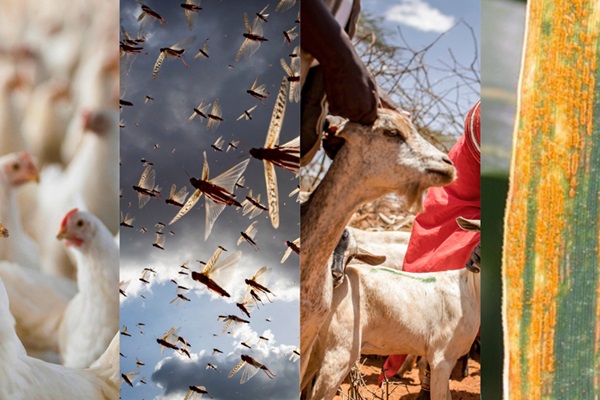
What’s driving emerging plant and animal pests and diseases?
29/05/2025
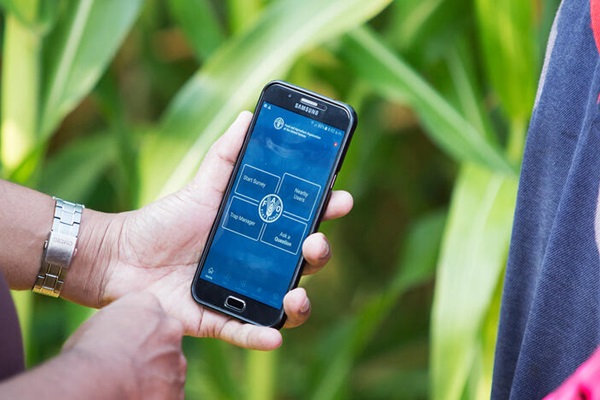
Integration of information systems to support animal disease intelligence
21/05/2025
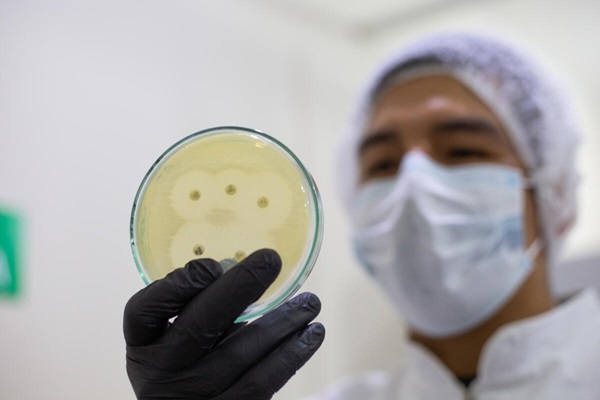
The future of livestock antibiotics: Business as usual is not an option
16/05/2025
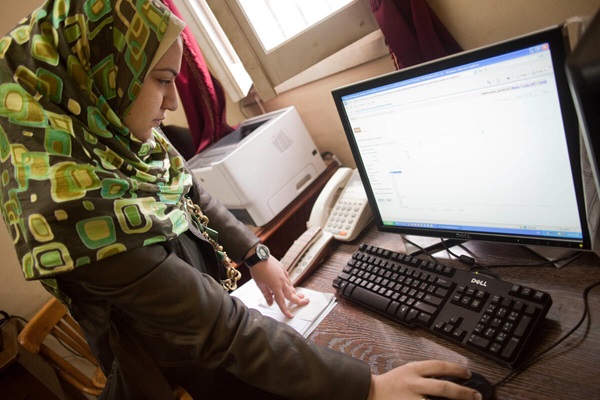
The role of information and communication technology in One Health intelligence
16/05/2025
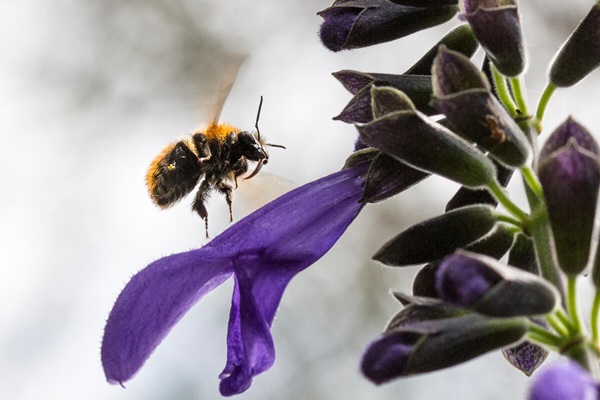
Five reasons pollinators matter for One Health
19/05/2025
Pollinators, such as bees, birds, butterflies, and bats, play a vital role in the health of plants, animals, people and the environment. This World Bee Day, here are five reasons pollinators are vital contributors to One Health.
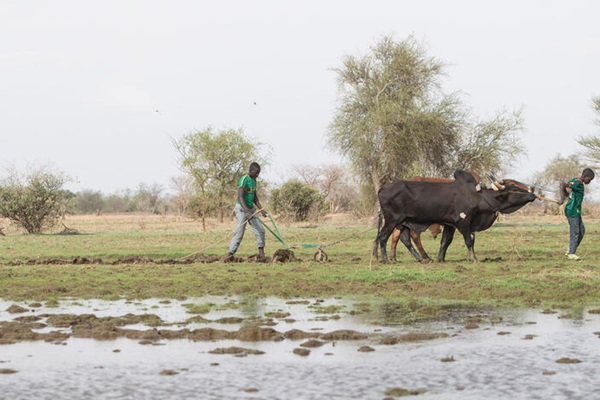
Burkina Faso builds wildlife surveillance capacity to combat future pandemics
13/05/2025
FAO’s Pandemic Fund enhances Burkina Faso’s capacity to rapidly detect and respond to health threats through workforce training.
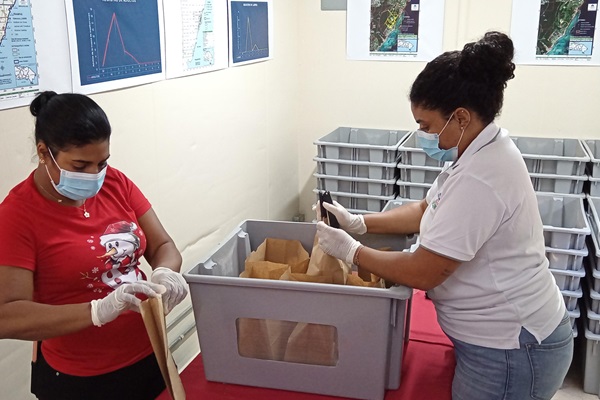
Dominican Republic leads with One Health innovation to safeguard food security
12/05/2025
Early detection, cross-sectoral action, and regional cooperation protect plant health, livelihoods, and public well-being.
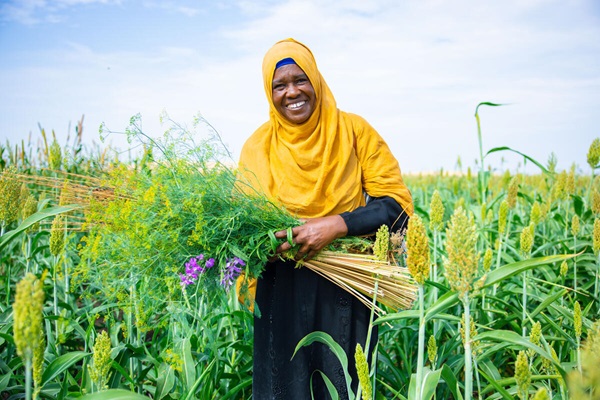
6 reasons why plants are integral to the One Health approach
09/05/2025
Plants are not just a backdrop to human and animal life – they are central to the health of our entire planet. In the One Health approach, which emphasizes the interconnectedness of people, animals, plants and ecosystems, plant health is a vital but often underrecognized pillar.
